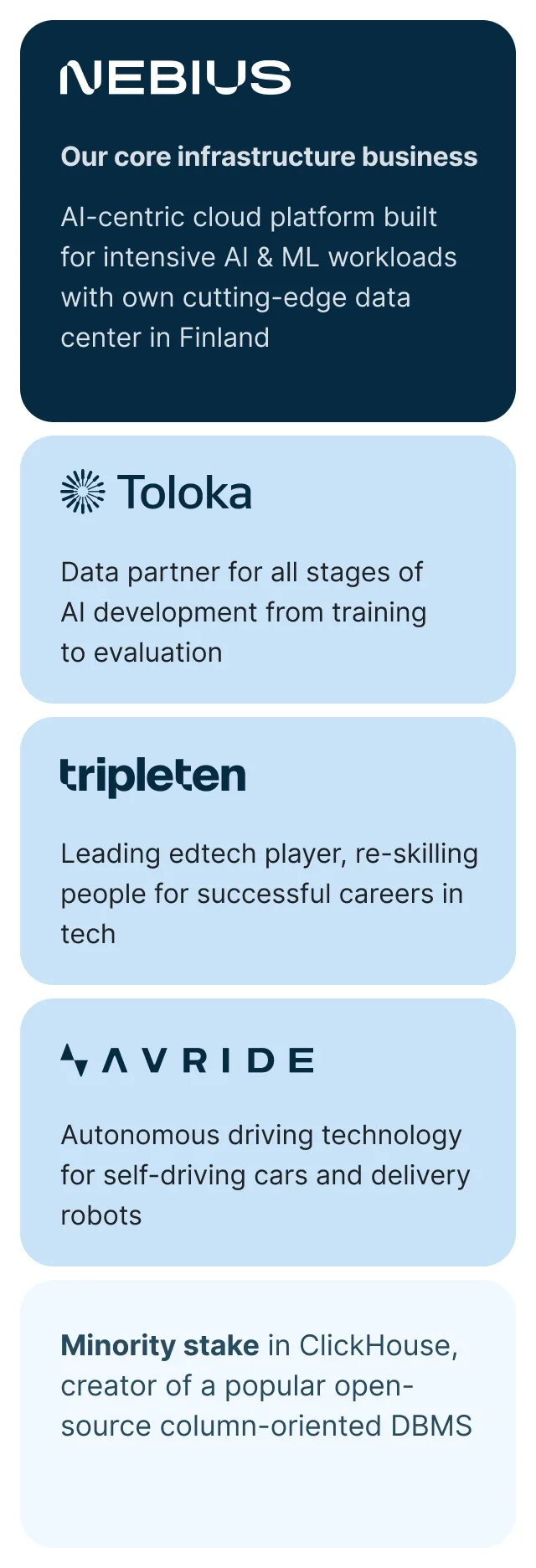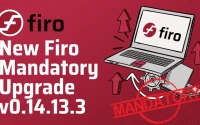Title: Nebius' AI Play: More Hype Than Substance?
Nebius, fresh off its split from Yandex, is making waves with its new "Token Factory" AI platform. The claim? To challenge the giants – AWS, Azure, and GCP – by offering a superior platform for deploying open-source AI models. Ambitious, to say the least. But let's dissect this, shall we?
The Open-Source Allure
The core of Nebius' argument rests on the appeal of open-source models. DeepSeek, Llama, GPT-OSS – the usual suspects are all supported. The pitch is simple: enterprises want flexibility and control, and open-source provides that in spades. Nebius is betting that businesses are tired of being locked into the proprietary ecosystems of the big cloud providers. This isn't a new idea, of course. Several startups, like Fireworks and Baseten, are already playing in this space. So, what makes Nebius different?
The answer, according to Nebius CEO Roman Chernin, is a desire to be more than "merely a utility company." He's aiming for wider profit margins by selling software services on top of cloud infrastructure. (A classic value-add strategy). The question is, can Nebius deliver on the performance promises? They're touting "sub-second latency, autoscaling throughput, and 99.9% uptime, even for workloads which exceed hundreds of millions of requests per minute." These are bold claims, especially given the computational demands of large language models.
The Vineland Ramp: A Key Indicator
A recent analysis (from a small deep value individual investor, surprisingly) highlighted the "Vineland Ramp" as the key catalyst for Nebius' full-year targets. What is the Vineland Ramp? Details remain scarce (Nebius hasn't exactly been transparent about this), but it seems to refer to a significant increase in capacity and utilization at their Vineland, New Jersey data center. Nebius Q3 Earnings Preview: Vineland Ramp Is The Key Catalyst For Full-Year Targets (NASDAQ:NBIS)
Here's where my skepticism kicks in. Nebius' success hinges on its ability to efficiently utilize its data centers. Are they truly optimized for the specific demands of AI workloads? Or is this just marketing spin? Competitors like CoreWeave have made purpose-built infrastructure a core part of their brand. Can Nebius compete without that level of specialization? The earnings call, when it happens, will be very telling.

I've looked at hundreds of these filings, and this particular ramp-up projection is unusual. It's unusually optimistic, maybe even bordering on unrealistic.
Profit Margins and the "Utility Company" Problem
Chernin's aversion to being a "utility company" is understandable. Infrastructure alone is a tough business. But the path to higher margins isn't always paved with software. It requires true differentiation – a competitive advantage that goes beyond simply running open-source models. Nebius needs to demonstrate that its platform offers tangible benefits in terms of performance, cost, or ease of use.
The analyst mentioned above also noted his investment style: contrarian, highly risky, often dealing with illiquid options. (You can land a Jumbo on the spread and still have clearance for take-off!) This suggests he sees significant upside potential, but also acknowledges the considerable risks involved.
A Sprinkle of Hope, But Mostly Questions
Nebius' Token Factory could be a viable alternative to the established cloud providers. The demand for open-source AI is certainly there. And Nebius' existing infrastructure gives it a head start. But the company needs to execute flawlessly on its Vineland Ramp and demonstrate a clear advantage over its competitors. Otherwise, it risks becoming just another cloud provider struggling to differentiate itself in a crowded market.
Still Just a Ripple in a Big Pond
It's a bold move, but Nebius needs to prove it can walk the walk. Right now, the numbers don't quite add up.










